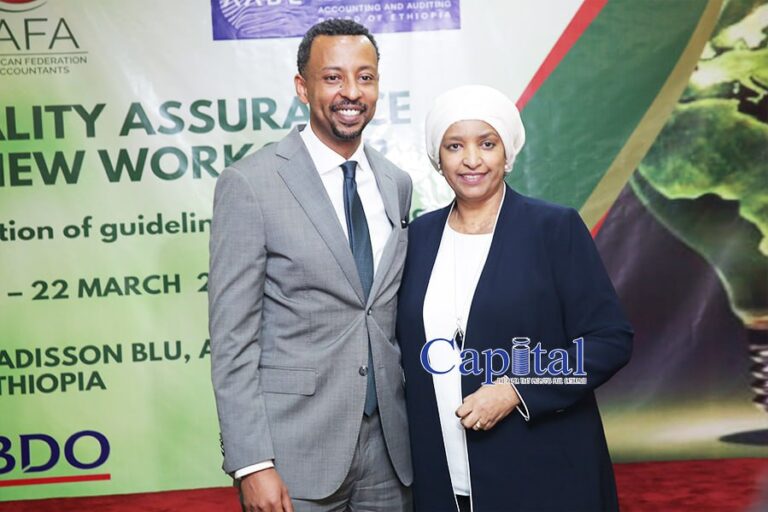The Accounting and Auditing Board of Ethiopia (AABE), in partnership with the Pan African Federation of Accounting (PAFA), convened a workshop aimed at enhancing quality assurance in accounting and auditing practices across Africa. The workshop, titled “Quality Assurance Review Workshop,” focused on elevating the standards and integrity of accounting and auditing systems on the continent.
During the workshop, it was emphasized that the adoption of a common guideline would standardize practices and ensure consistency in accounting and auditing standards across all African countries. The approval of a comprehensive manual on the final day of the forum is expected to facilitate the acceptance of accounting reports prepared by professionals in all African nations.

Hikmet Abdela, the Director General of AABE, highlighted the significance of the approved manual in enhancing the quality and integrity of accounting and auditing practices in Africa. He noted that Ethiopia has been engaged in evaluating audit quality for over two years, and the approved manual will contribute to raising standards across the continent.
Furthermore, the workshop addressed the importance of harmonizing professional qualifications to facilitate the free movement of accounting professionals within the African Continental Free Trade Area. According to Hikmet, this initiative enables auditors to work across borders seamlessly, benefiting both Ethiopia and other member countries.

The collaboration between AABE and PAFA underscores the commitment to establish a uniform system at the continental level. AABE has been an active member of PAFA for four years, collaborating with 37 professional accounting organizations from 34 countries to advocate for Africa’s economic interests and global strategy in accounting.

PAFA, established in Dakar, Senegal, on May 5, 2011, aims to unite African professional accountants and amplify their voice, particularly in international forums such as the International Federation of Accountants. Currently, PAFA counts Ethiopia among its member countries, along with Benin, Botswana, Burundi, Cameroon, Congo-Brazzaville, the Democratic Republic of Congo, Gambia, Ghana, Guinea-Bissau, Ivory Coast, and Kenya.



